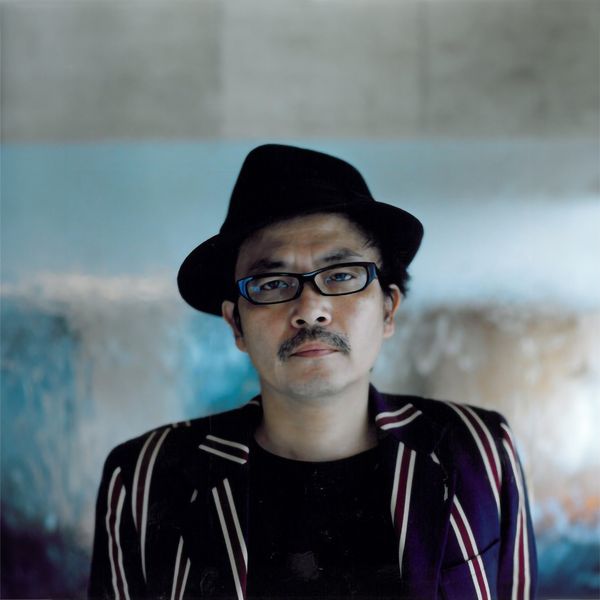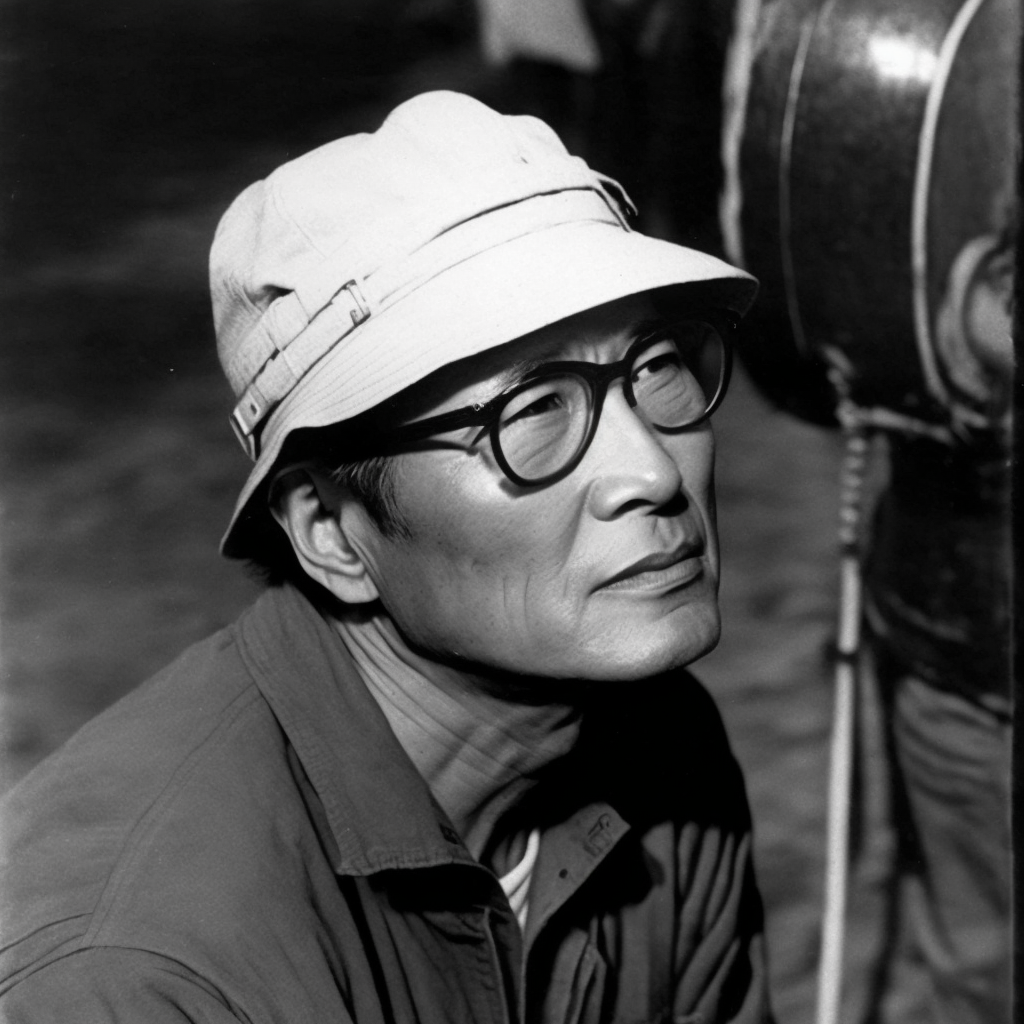Contemporary cinema is a constantly evolving universe, dotted with talented directors who push the boundaries of cinematographic art. Among these bold creators is Sion Sono, a Japanese filmmaker whose unique and provocative work has captivated the attention of movie fans around the world. In this article, let’s dive into the cinematic universe of Sion Sono, exploring his influences, his distinctive style and some of his iconic films.
The Art of Sion Sono: Between Provocation and Depth
Born on December 18, 1961 in Toyokawa, Sion Sono gained international fame thanks to his innovative approach to cinema. His filmography spans several decades and covers a range of themes, from extreme violence to profound spiritual quest. One of the most striking characteristics of his work is its ability to evoke strong emotions while exploring complex social and psychological issues.
Influences and Style
Sion Sono’s films are often compared to those of directors such as Takashi Miike and Quentin Tarantino, due to their provocative approach and raw treatment of sensitive subjects. However, Sono brings his own unique vision, merging a distinctive visual style with deep narrative elements. His love for the absurd, the grotesque and the symbolic is reflected in his bold aesthetic choices.
Iconic Films
Suicide Club (2001): This film marked the beginning of Sono’s notoriety. It explores the dark nature of contemporary Japanese society through a series of mysterious group suicides. The shocking scenes and incisive social commentary attracted international attention.
Love Exposure (2008): This ambitious feature film explores themes of religion, love and the quest for identity through the story of a young man who discovers love while rebelling against his father’s religious authority.
Cold Fish (2010): Based on true events, this film presents the story of a quiet man who enters a world of crime and manipulation. Sono masterfully depicts the main character’s descent into hell, calling into question the notions of good and evil.
Why Don’t You Play in Hell? (2013): This chaotic black comedy is a delirious homage to action films and Japanese yakuza. Sono uses the blend of genres to create a unique and exhilarating cinematic experience.
Tokyo Tribe (2014): Sono directed this gangster musical, a daring work that mixes stylized violence and energetic musical performances. The film is based on the manga of the same name and offers a captivating perspective on urban dynamics.
Impact and Legacy
Sion Sono’s work has left an indelible mark on the contemporary cinematic landscape. His bold exploration of social and psychological themes, coupled with his unique visual style, inspired many directors and helped redefine the boundaries of modern Japanese cinema.
In conclusion, Sion Sono stands out as an iconoclastic and provocative director whose films transcend conventions and provoke thought. His impact on contemporary cinema is undeniable, and his legacy will continue to influence future generations of filmmakers to push the boundaries of cinematic creativity.
Sources:
- Variety – “Sion Sono’s Top 10”: https://variety.com/2020/film/news/sion-sono-favorite-films-1234640675/
- The Japan Times – “Sion Sono: Filmmaker who knows no fear”: https://www.japantimes.co.jp/culture/2018/06/06/films/sion-sono-filmmaker-knows-no -fear/
- Screen Anarchy – “Why Sion Sono Matters”: https://screenanarchy.com/2020/07/why-sion-sono-matters.html



